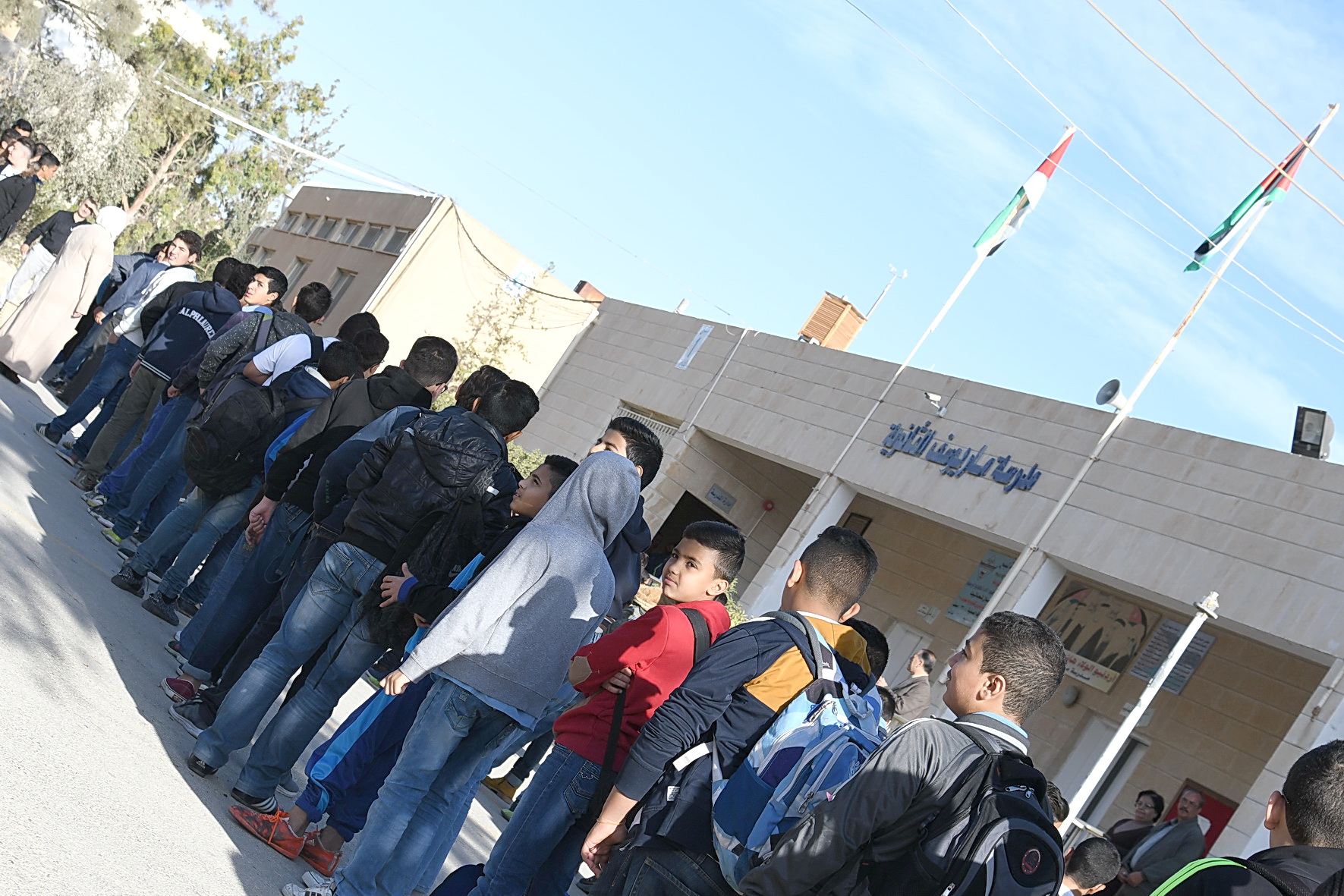MIGRANTS
A wide range of aspects emerged in the Countries that took part in the initiative promoted by Caritas

Jordan, the small Middle-Eastern Country that is home to over 7 600 refugees, mostly Syrians and Iraqis, was the venue of the Conference Migramed 2017. During the three-day meeting Caritas North-Africa and Middle-East, along with several Caritas Centres based in Europe, drew an overview of the difficult situation of refugees and migrants. A set of specific data emerged from the various Countries that took part in the initiative promoted by Caritas Italy.
Conflicts, political and social crises, environmental problems (notably draught), religious persecutions, are the root causes of the forced flight of increasing numbers of people from Yemen, Iraq, Syria, South Sudan, Somalia and Eritrea.
Unfortunately for too many years the major international players have been absent from these scenarios. It appears that nobody wants to support long-lasting peace processes. In fact it was noted that European policies are further worsening the situation in this complex area. Also for this reason Migramed intends to voice the widespread feeling of anger and exhaustion pervading the entire Middle-Eastern and North African region, where the Church is always actively engaged in peace-building efforts and in the promotion of human rights, but where the sense of loneliness risks weakening the forces on the ground with increasing intensity. Immigration policies are often focused on numbers, walls and borders, and fail to consider the fact that the peoples on the opposite side of those borders are human beings. Migramed participants called upon all stakeholders to broaden their perspective with proposals that may give a central role to human persons and to their dignity, rescuing them from those who speculate on their lives before, during and after their journeys. Indeed, such efforts today are faced with a historical, political and social context that questions the very principles which, until recently, we believed to be a source of inspiration of “humanitarian” efforts towards migrants.
Solidarity is increasingly perceived as a disvalue, while the decisions of a number of European governments to reject migrants are welcomed despite the fact that in many cases such decisions constitute an obvious breach of human rights.
This scandal – as Pope Francis has reminded us – highlights the limits of the peace-building efforts in the Mediterranean region; the obstacles faced by the concrete application of the universality of human rights; the walls against which integral humanism – one of the basic pillars of our civilization – is shattered.
Migramed 2017 was concluded with the adoption of a statement focused on four major areas considered strategic for this part of the planet:
PEACE: the only viable solution in an area afflicted by far too many years of crises and wars is peace. We renew our commitment for peace in the Mediterranean and in the Middle East starting with our national and international organizations.
SAFE AND LEGAL CHANNELS: it is requested to strengthen humanitarian, legal and safe entry channels, aimed at ensuring protection and security; to extend humanitarian admission programs by stepping up the involvement of all EU Countries, and to make decisive investments in resettlement programs.
HUMAN RIGHTS: every policy adopted in the Mediterranean, starting with the bilateral agreements of European Countries with transit Countries, must ensure the respect of human rights.
THE RIGHT TO REMAIN IN ONE’S HOMELAND: the Caritas document urges all interested parties to ensure that everyone is given the possibility of leading a dignified life in the Country of origin and to create the conditions for sustainable development in Africa and in the Middle East, which have all necessary resources but where often economic, political and financial interests prevail over those of individuals and peoples.